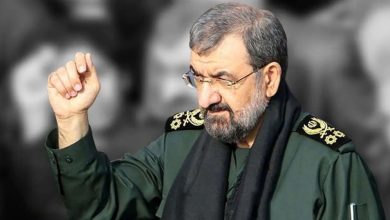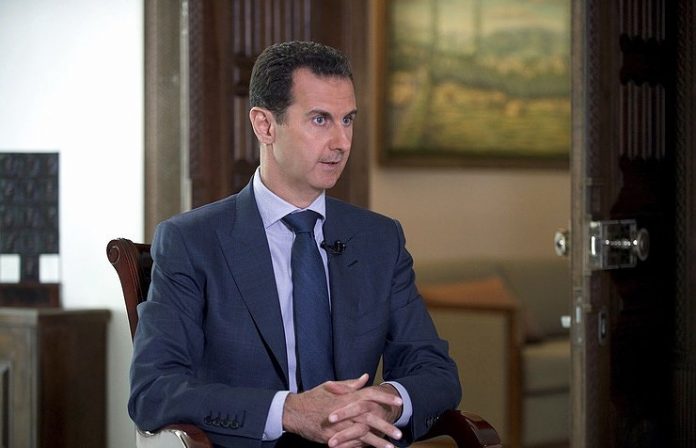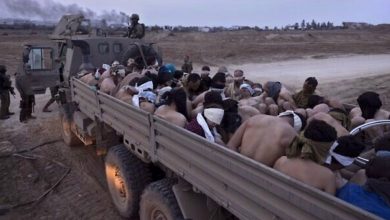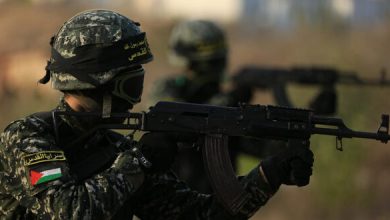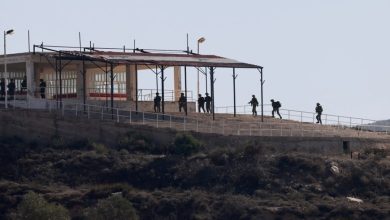Syria: It’s impossible to defeat ISIS in Syria before defeating it in Turkey
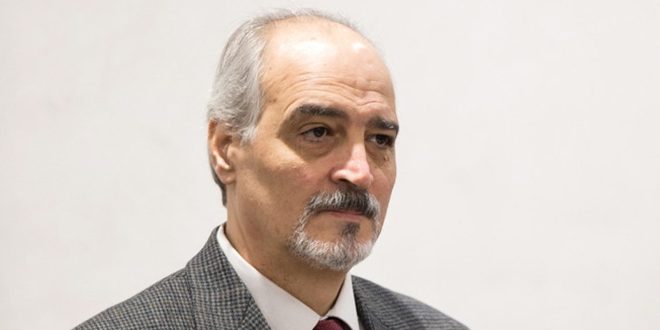

Syria’s Permanent Representative to the United Nations Bashar al-Jaafari stressed that the flagrant Turkish violation of the sovereignty of the Syrian state and the aggression on the Syrian city of Jarablus in Aleppo countryside came under the air cover of the US-led coalition’s air force which has frequently violated the Syrian sovereignty during the past two years.
In an interview with the Russian Sputnik news agency on Wednesday, al-Jaafari stressed that “it is impossible to defeat ISIS in Syria without first defeating it in Turkey,” asking “How can Turkey say that it is fighting ISIS in Jarablus if Turkey itself allowed the establishment of ISIS and helped in the development of it by providing thousands of Toyota cars and other branded cars with built-in weapons? It further provided funds from the Gulf States to purchase weapons from Ukraine, Croatia, Bulgaria and other countries.”
Al-Jaafari affirmed that those who actually want to help Syria fight terrorism must coordinate their efforts with the Syrian Arab army and join a real international coalition to help fight terrorism.
On Wednesday morning, the Turkish regime’s tanks and armored vehicles crossed the Turkish-Syrian border into Jarablus city, allegedly to fight ISIS, but with the real intention of supporting its terrorist militias, in a new violation of the Syrian sovereignty.
On another context, al-Jaafari revealed the involvement of many international sides in the chemical attack on Ghouta in Damascus countryside in 2013, affirming that Syria has information proving the involvement of these sides in the attack.
He made it clear that Syrian government sent hundreds of letters to the UN Security Council, the Commission of Inquiry under 1540 and to the mission of fact-finding and joint investigation, stressing that all of the letters were created after the incidents in Khan al-Asal in Aleppo and in Eastern Ghouta near Damascus.
“In our letters there was transparent information,” he affirmed.
Al-Jaafari continued to say that the UN Security Council member states either ignored the data, or accused it of being unreliable, as they did not pass the data to the media, nor did they mention it in their statements, affirming that “This was due to the fact that the party behind these chemical attacks has the support of these countries.”
“The case with chemical weapons was initially fabricated to exert pressure on the Syrian government. After the first chemical gas attack on Khan al-Asal in Aleppo, I went to the [UN] Secretary-General to request assistance to the Syrian government in investigation for answering if there actually was a chemical attack and who was behind it?,” he said, noting that the Secretary-General told him that he must consult with the UN Security Council countries first.
“Three hours later after consultation with the countries of the UN Security Council, he came back to me and said, ‘Tell your government that I will assist and sent a delegation of experts who will be engaged in investigating the chemical attack in Khan al-Asal,” al-Jaafari added.
“From that moment, it became clear that the UN Security Council members are interested in keeping the party behind the attacks unnamed due to certain political circumstances,” al-Jaafari said.
He further said that the issue of chemical attack has not yet been closed. After the investigation request, it took 4 months and 11 days for Dr. Ake Selstrum and his team to arrive to Khan al-Asal.
“On the same day, when Dr. Selstrum was in Damascus and was preparing to go to Khan al-Asal in Aleppo, a second chemical attack took place in the eastern Ghouta in Damascus, to distract from Khan al-Asal, to create obstacles to keep Selstrum from traveling there, as well as to focus everyone’s attention on Damascus countryside,” al-Jaafari affirmed.
“According to the French sources and according to the book ‘Road to Damascus’, the famous French journalists Georges Malbruno and Christian Shesno have documented evidence to prove the involvement of the former French Foreign Minister, Laurent Fabius, in the Eastern Ghouta tragedy near Damascus in 2013,” al-Jaafari said.
